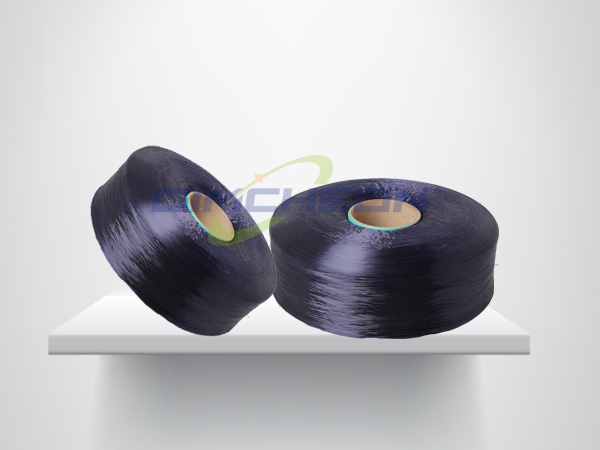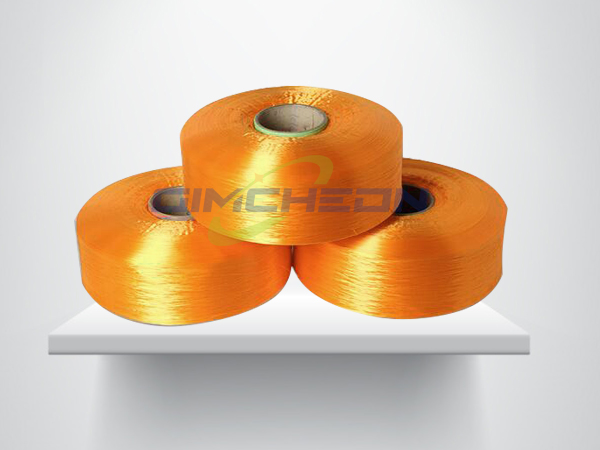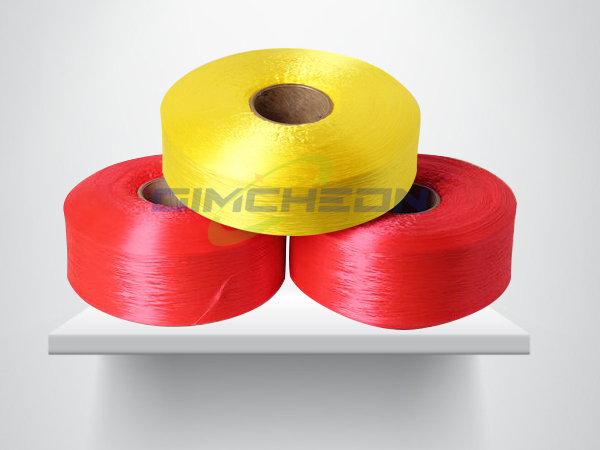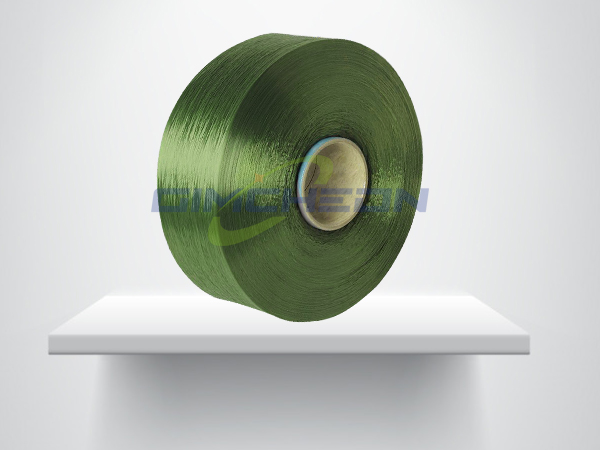

- Tel:0086-0595-83993333
- cel:0086-13506902333
- E-mail:admin@jqfibre.com
- add:Longshi Road, Fashion Apparel Industrial Park, Longhu Town, Jinjiang City, Fujian
At present, consumers' demand for high quality, fashion label attributes and personality is increasing. Relevant survey data show that nearly 90% of consumers pay more attention to whether the brand is consistent with personal taste. The consumption demand and orientation of the new generation of consumers has changed from the simple pursuit of brand symbol value to the pursuit of personality and self.
Data show that in the first half of this year, the sales growth of new Chinese clothing on the Tiktok platform is the fastest, up to 303%; Sales of Hanfu products increased by 246% year on year. Taking the very representative horse-face skirt as an example, this year, the horse-face skirt not only repeatedly appeared on the fashion hot search list, but also became the Spring Festival dress of fashionable women.
It can be seen that consumers now prefer clothing products with traditional Chinese cultural characteristics. Culture is the soul of a fashion brand, and it is the strongest and most profound link between a brand and consumers. Whether it is a domestic brand or a foreign brand, only with a deep cultural heritage, will resonate with consumers, so as to be recognized and followed by consumers.
In this context, the clothing industry is undergoing unprecedented changes. The demand of consumers has changed from "quantity" to "quality", and the diversified, personalized and experiential consumer demand has been increasing. This has not only reshaped the development pattern of the fashion industry, but also promoted the progress of social culture and the transformation of consumption concepts.
Eco-friendly fabric: Green and fashion blend
In the pursuit of fashion and beauty at the same time, human awareness of environmental protection is also increasing. This trend is particularly significant in the clothing industry, where the rise of environmentally friendly fabrics is a vivid manifestation of the harmonious coexistence of nature and fashion.
Environmentally friendly fabrics, as the name suggests, refer to fabrics that have less impact on the environment during production, use and disposal. These fabrics often use renewable resources as raw materials, such as organic cotton, bamboo fiber, recycled fibers (such as RPET, that is, recycled polyester fiber).
Declaration: The content of this article is organized from the Internet, and the copyright belongs to the original author; If there is infringement, please inform in time and contact to delete.
- How does polypropylene light bod
- To do a good job of market segme
- What is polypropylene lightweigh
- What signals does the tariff lan
- What do you need to pay attentio
- The textile market is in its tra
- Polypropylene lightweight yarn w
- The development of printing and
- How about clothes made of polypr
- The clothing industry is undergo




